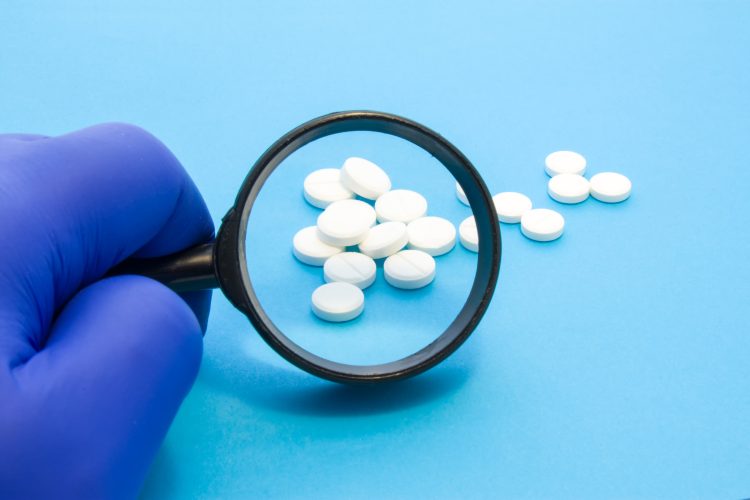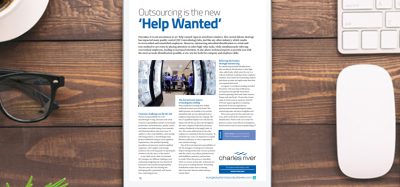Drug Safety Research Unit says repurposed drugs for COVID-19 still require a lot of testing
Posted: 18 November 2020 | Hannah Balfour (European Pharmaceutical Review) | No comments yet
The DSRU said that global collaboration would be required to successfully expedite the necessary safety and efficacy evaluations for repurposed drugs to be used in COVID-19 patients.


The UK’s Drug Safety Research Unit (DSRU) has published a review of the benefits and challenges of repurposing existing drugs for COVID-19. The review concluded that repurposed drugs still need rigorous testing to establish they are safe and effective and the DSRU is now urging institutions across the globe to work together to reduce duplication and expedite development.
According to the review, the only repurposed drug currently licensed for use in COVID-19 patients is remdesivir, an antiviral originally developed to treat Ebola. It is approved in Japan, has conditional marketing authorisation from the European Commission and accessible under emergency use schemes in the UK and US. The DSRU stated that it expects further repurposed drugs will follow.
Professor Saad Shakir, Director of the DSRU, said: “Repurposing existing drugs can save time and money because we already have information about their safety from when they were used in treating other diseases.
“However, even repurposed drugs must still go through rigorous testing to ensure they are effective at treating COVID-19 and that they are safe for patients with COVID-19. Regarding their efficacy, repurposed drugs that might work in a very different way for COVID-19 may need much more research before we know they are safe and effective.
“Regulators are speeding up approval processes, which is necessary in a global pandemic. But it means there will likely be more gaps in our knowledge about new COVID-19 treatments when the general public starts using them. Continuing the monitoring and research ‘post authorisation’ will be even more essential to ensure rare and long latency side effects are recorded.”
The review provides an overview of existing drugs currently being trialled to treat COVID-19, including 50 that could inhibit one or more steps of the coronavirus lifecycle and many more that could potentially counteract the effects of SARS-CoV-2 infection, with a particular focus on the overactive immune response which may cause the severest complications (abnormal blot clotting and acute respiratory distress syndrome [ARDS]).
In the review they highlight the challenges around correctly interpreting existing pre-clinical and clinical evidence and how to best generate new evidence, as well as outlining the regulatory processes involved in drug repurposing and what pharmacological evidence is likely to be needed to support the use of repurposed drugs.
The paper concludes that researchers, pharmaceutical companies and regulators around the globe will have to collaborate to plan studies strategically and avoid duplication to ensure that drugs can be successfully evaluated and compared.
The review was published with colleagues from the University of Messina, Italy, in Frontiers of Pharmacology.









